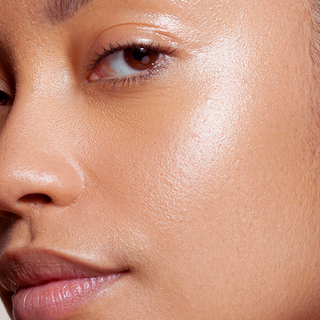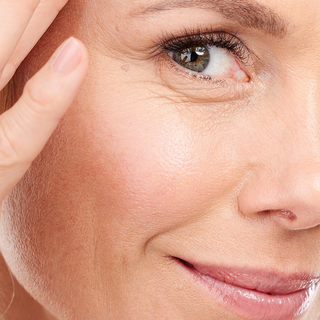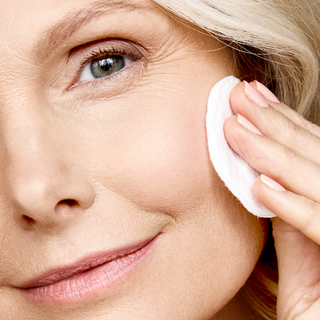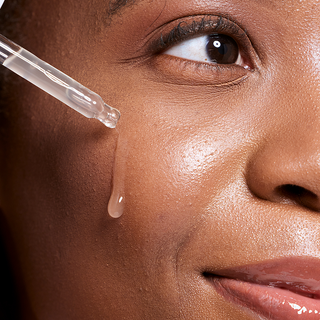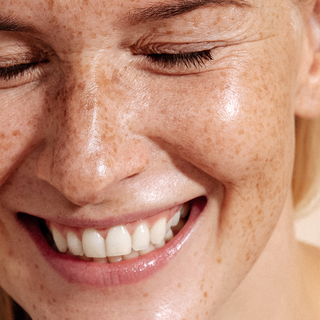Your skin is your body's first line of defense, so keeping it in top shape is essential. But how do you know if your skin barrier is damaged? This guide will help you understand the signs of a damaged skin barrier, how to repair it, and what a healthy skin barrier looks like. Let's dive into the skincare world and explore the secrets to a robust and radiant complexion.
Understanding the Skin Barrier
The skin barrier, also known as the stratum corneum, is the outermost layer of your skin. It consists of lipids (fats) and skin cells that protect your skin from external aggressors like bacteria, pollutants, and UV rays. Additionally, the skin barrier helps retain moisture, keeping your skin hydrated and healthy.
A well-functioning skin barrier is crucial for overall skin health. It protects against environmental damage and prevents transepidermal water loss (TEWL), keeping your skin hydrated. A compromised skin barrier can lead to many problems, including dryness, irritation, and increased sensitivity.
Several factors can contribute to skin barrier damage. Over-exfoliation, harsh skincare products, and environmental stressors like pollution and UV exposure are common culprits. Additionally, lifestyle factors such as poor diet, lack of sleep, and stress can weaken your skin barrier.
Signs Your Skin Barrier is Damaged
Increased sensitivity is one of the most noticeable signs of a damaged skin barrier. If your skin feels more reactive than usual, with redness, burning, or stinging sensations, it could be a sign that your barrier is compromised.
A damaged skin barrier struggles to retain moisture, leading to dryness and flakiness. If your skin feels tight and looks dull, it may indicate that your skin barrier needs some TLC.
When the skin barrier is damaged, it becomes more susceptible to bacteria and irritants, leading to breakouts and inflammation. If you're experiencing unusual pimples or irritated areas, your skin barrier might be to blame.
How to Repair Your Skin Barrier
Switch to a gentle, hydrating cleanser that won't strip your skin of its natural oils. To calm irritation, look for products with soothing ingredients like chamomile and aloe vera.
Hydration is key to repairing a damaged skin barrier. Choose a moisturizer rich in ceramides, hyaluronic acid, and fatty acids to replenish your skin's lipid barrier and lock in moisture, like the Barrier Replenishing Cream.
Avoid products containing alcohol, fragrances, and harsh exfoliants. These can further irritate your skin and impede the healing process. Instead, opt for gentle, fragrance-free formulas.
What Does a Healthy Skin Barrier Look Like?
A healthy skin barrier results in smooth, even textured skin. Your barrier is likely in good shape if your skin feels soft and free of rough patches.
When your skin barrier functions properly, your skin appears hydrated and plump. Proper moisture retention is a clear sign of a well-maintained barrier.
Healthy skin is resilient and can withstand environmental stressors without becoming overly reactive. If your skin remains calm and balanced, your barrier does its job even in challenging conditions.
How Long Does it Take to Repair Your Skin Barrier?
With the right care, you may see initial improvements within a week. Reduced redness, less irritation, and improved hydration are positive signs that your skin barrier is on the mend.
Continued progress typically takes around four to six weeks. During this time, you'll notice a significant reduction in dryness, flakiness, and sensitivity as your skin barrier strengthens.
Maintaining a healthy skin barrier requires ongoing care. To keep your barrier in optimal condition, incorporate gentle, hydrating products into your daily routine and avoid over-exfoliating.
A Healthy Barrier for Healthy Skin
Understanding and caring for your skin barrier is essential for achieving and maintaining healthy, radiant skin. By recognizing the signs of damage and taking steps to repair and protect your barrier, you can enjoy a smoother, more resilient complexion. Remember, patience and consistency are key. Here's to a stronger, healthier skin barrier.


